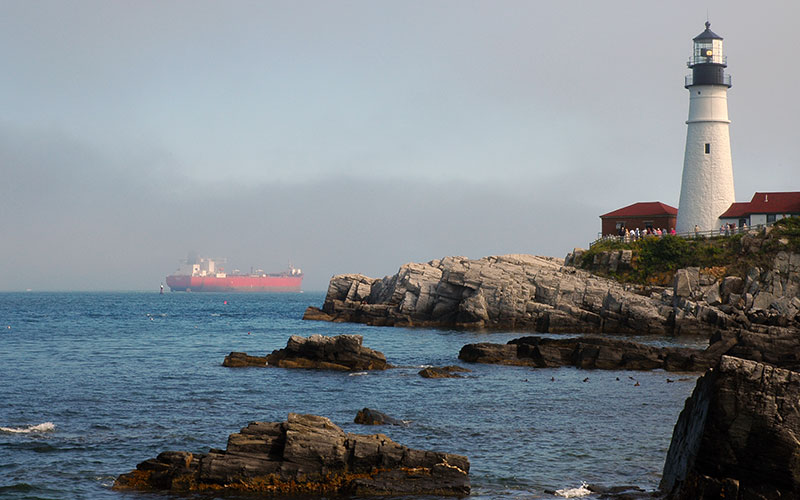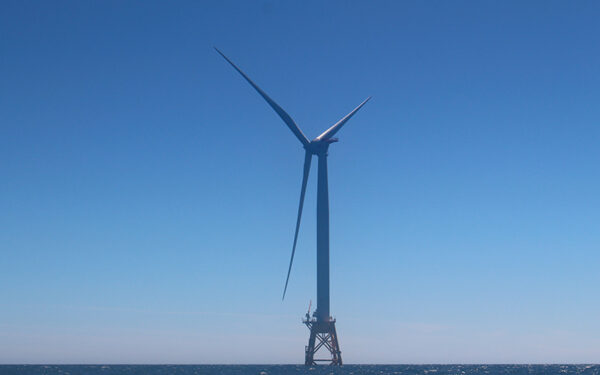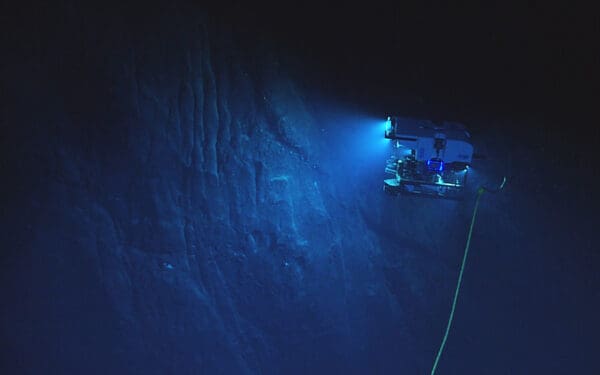
Here in New England, the ocean is an integral part of our lives, our economy, and our communities – a source of fun, food, and livelihood. Freighters, fishing boats, and other commercial ships travel its surface, while its depths hold pipelines, utility cables, and more. And, of course, it’s a thriving habitat for thousands of sea creatures – some familiar, many not – that depend on its health to survive.
But today, our need for the ocean’s resources is growing. As harmful practices such as oil and gas drilling threaten to expand into New England’s ocean, marine habitat and the fisheries and wildlife it supports are at risk. At the same time, the development of clean, renewable energy such as offshore wind, wave, and tidal, is on the horizon. And the impacts of climate change are only beginning to be seen and understood.
Amidst these increasing pressures, in 2010, the Obama Administration established the National Ocean Policy, which requires federal and state agencies, as well as key stakeholders, to work together better. A key objective of the policy is the creation of science-based regional ocean plans to proactively guide decisions about how our oceans are used – so that this precious resource is still thriving and providing for generations.
Already a pioneer in ocean planning (two state management plans have been released in the last five years), New England is leading once again by forming the nation’s first active Regional Planning Body. Made up of federal, tribal, and state representatives, the Regional Planning Body has met three times since late 2012, bringing together stakeholders and the public – from fishermen to surfers to conservation groups – and creating a draft framework for how to create the region’s ocean plan.
For CLF, the convening of the Regional Planning Body is a critical milestone after decades of advocacy for smart, science-based management of our oceans. Since we first fought off oil and gas drilling on Georges Bank in the 1970s, we have worked to secure the long-term sustainability of our ocean resources. As an active participant in the development of the first state ocean management plans in the country – in Massachusetts and Rhode Island – we are now working to develop this first regional ocean plan, pushing for the protection of fragile ecological areas such as Cashes Ledge, supporting science-based decision making and intensive stakeholder engagement, and ensuring sustainable development of clean energy.
The planning process will continue through 2016. CLF will be there at every step, continuing our tireless work to bring more effective and informed management to our ocean.



